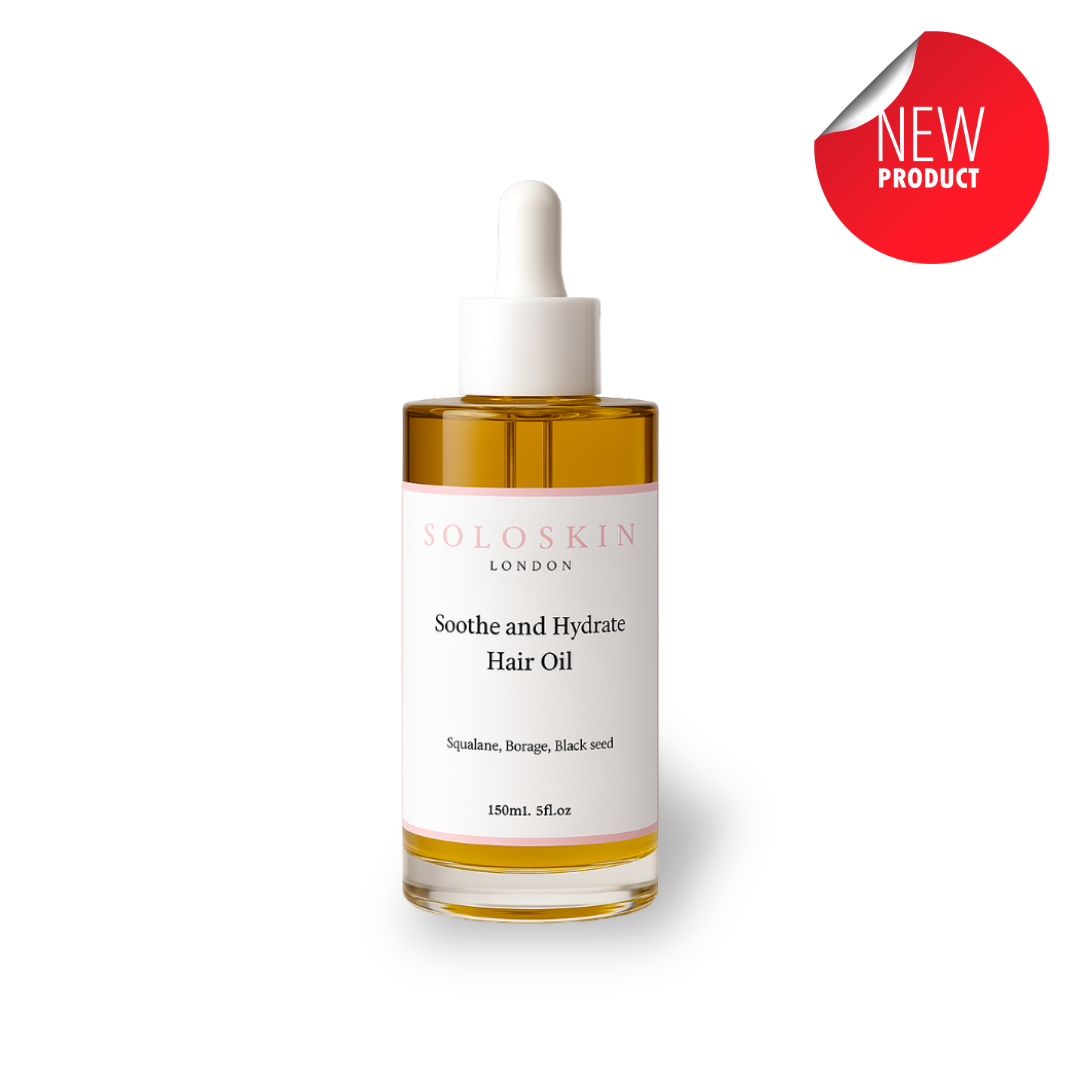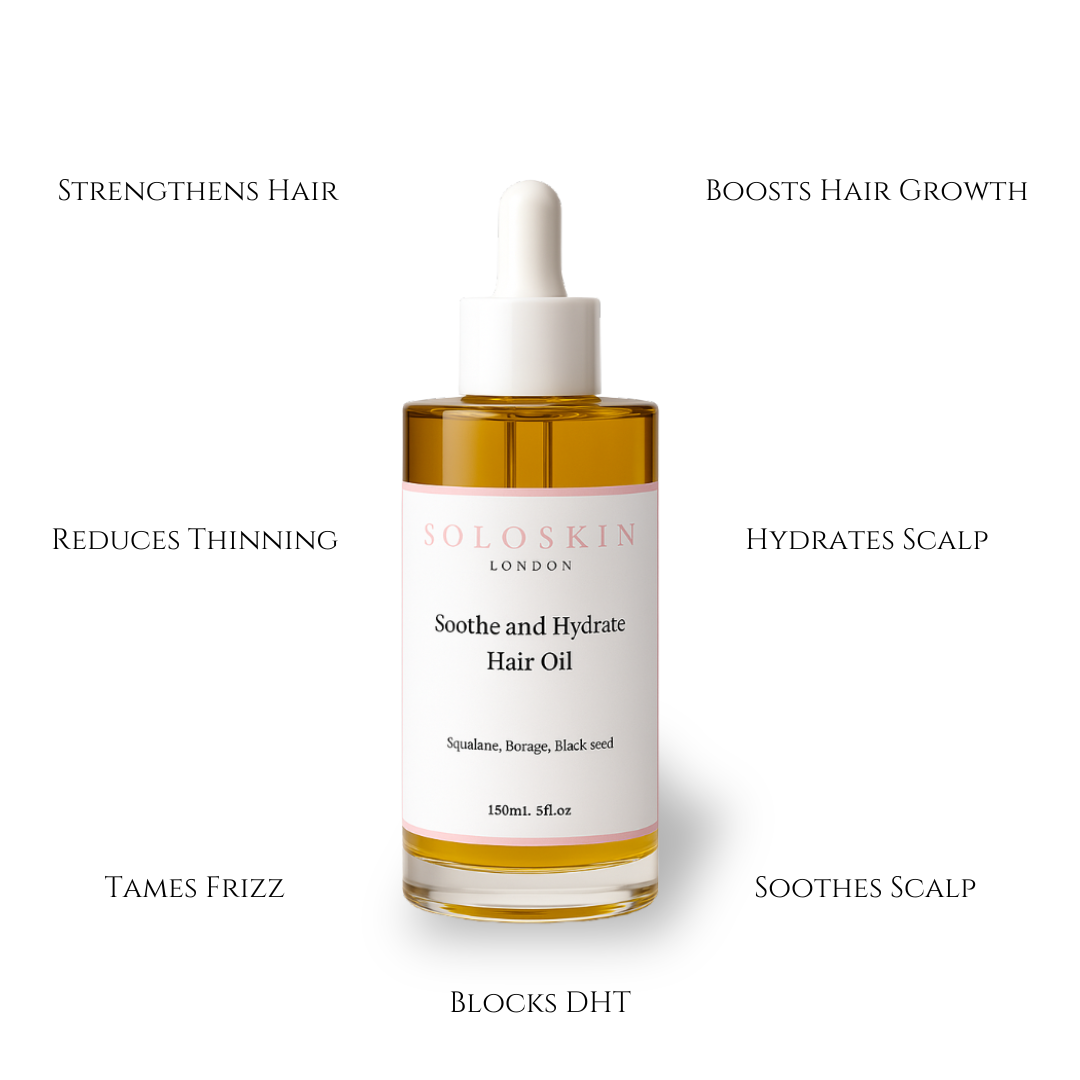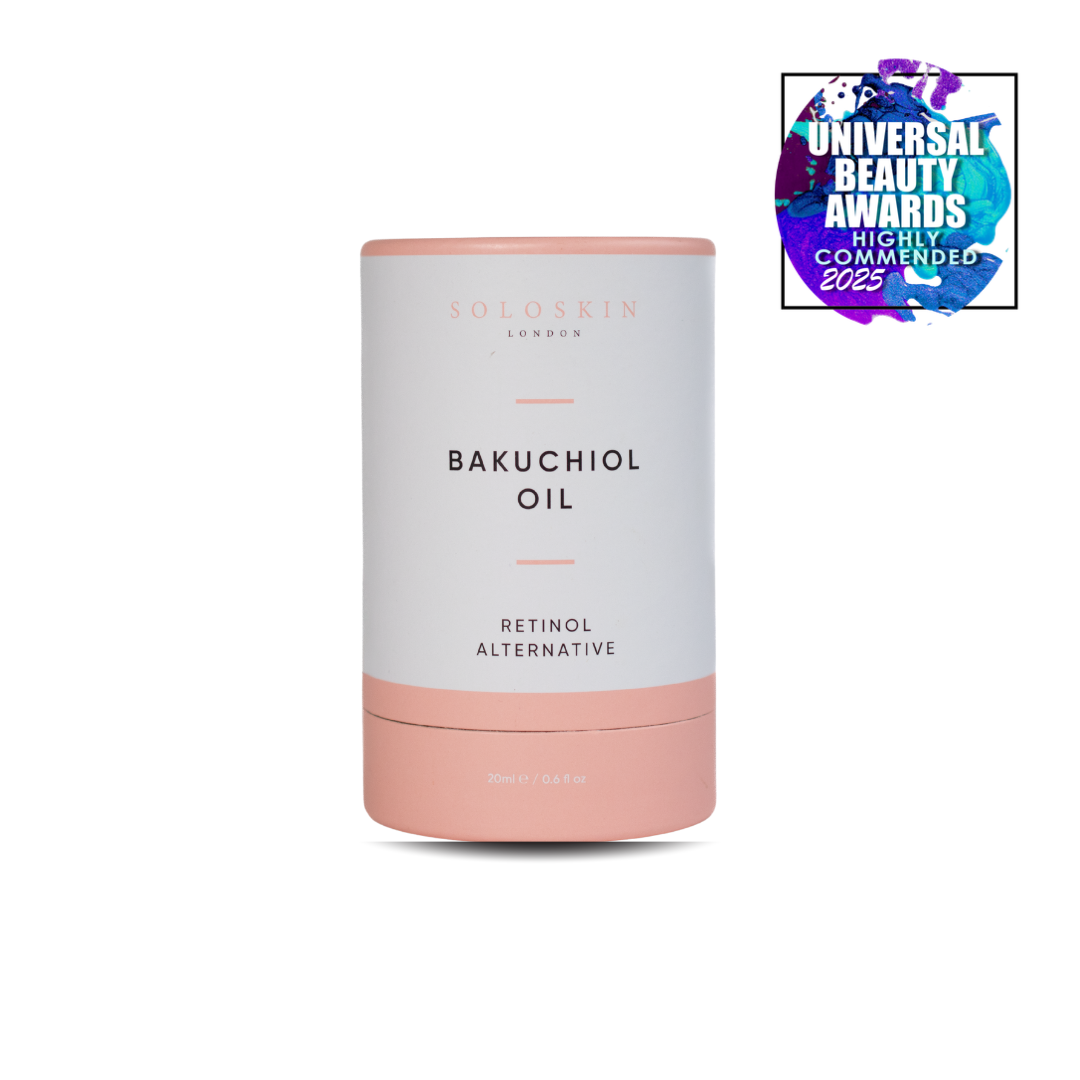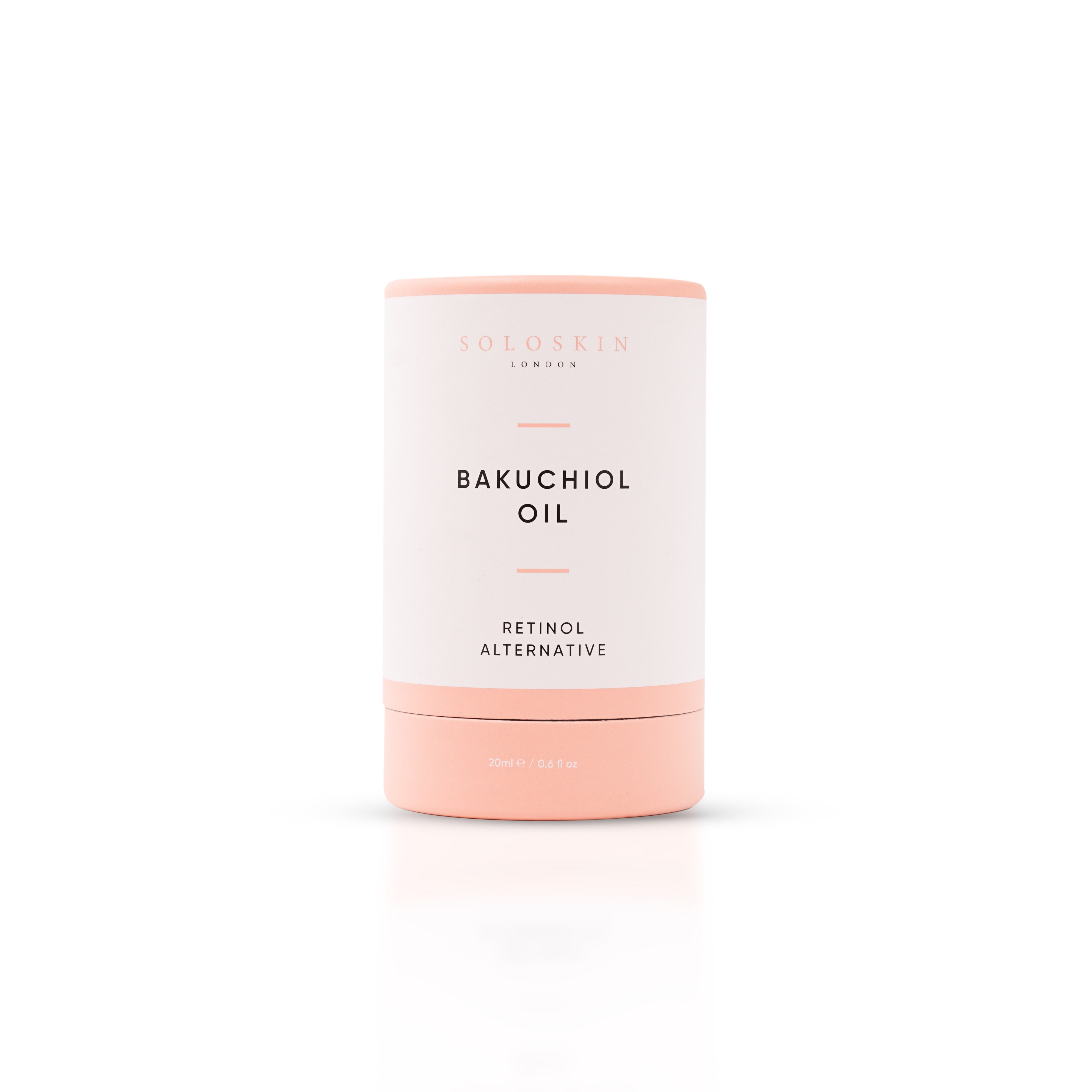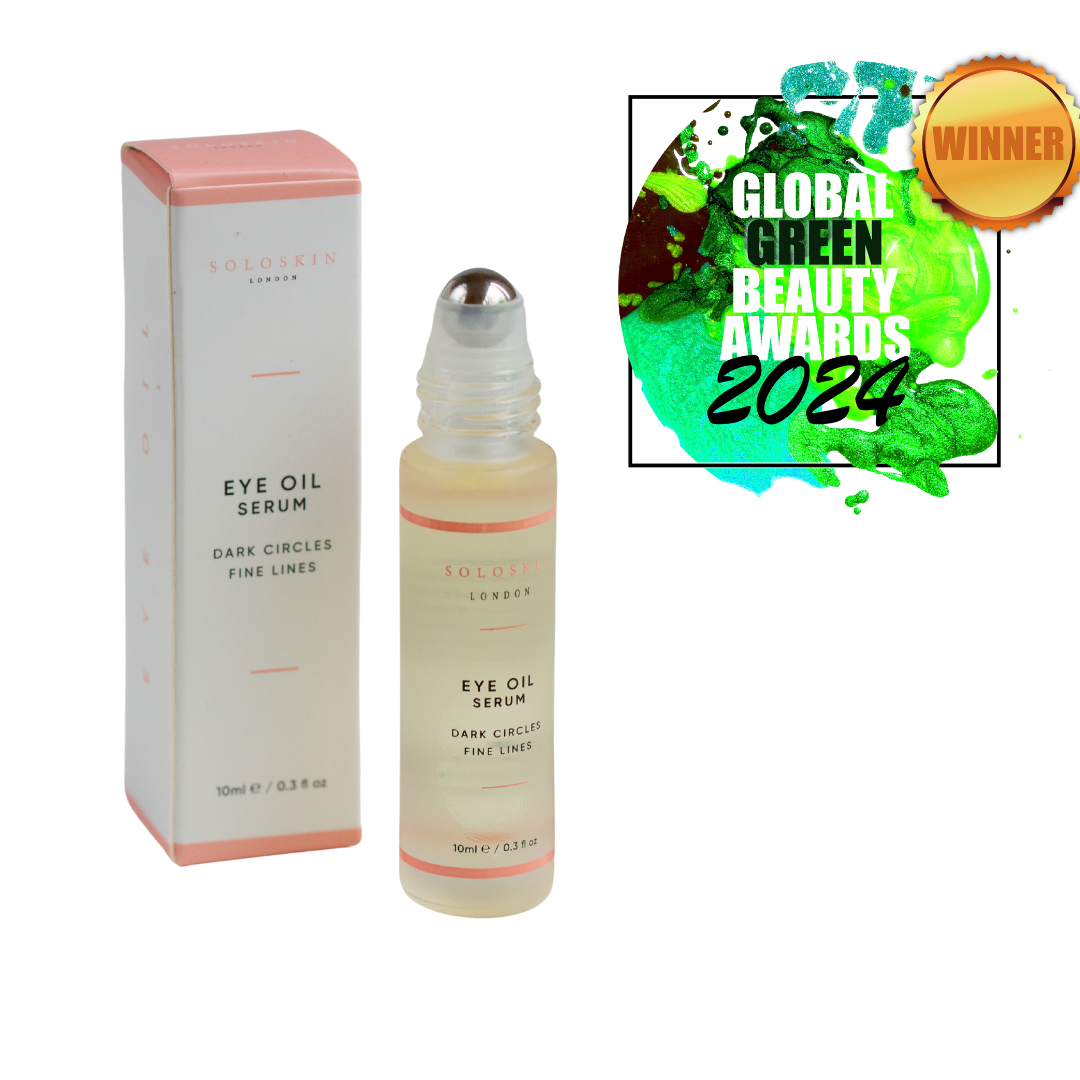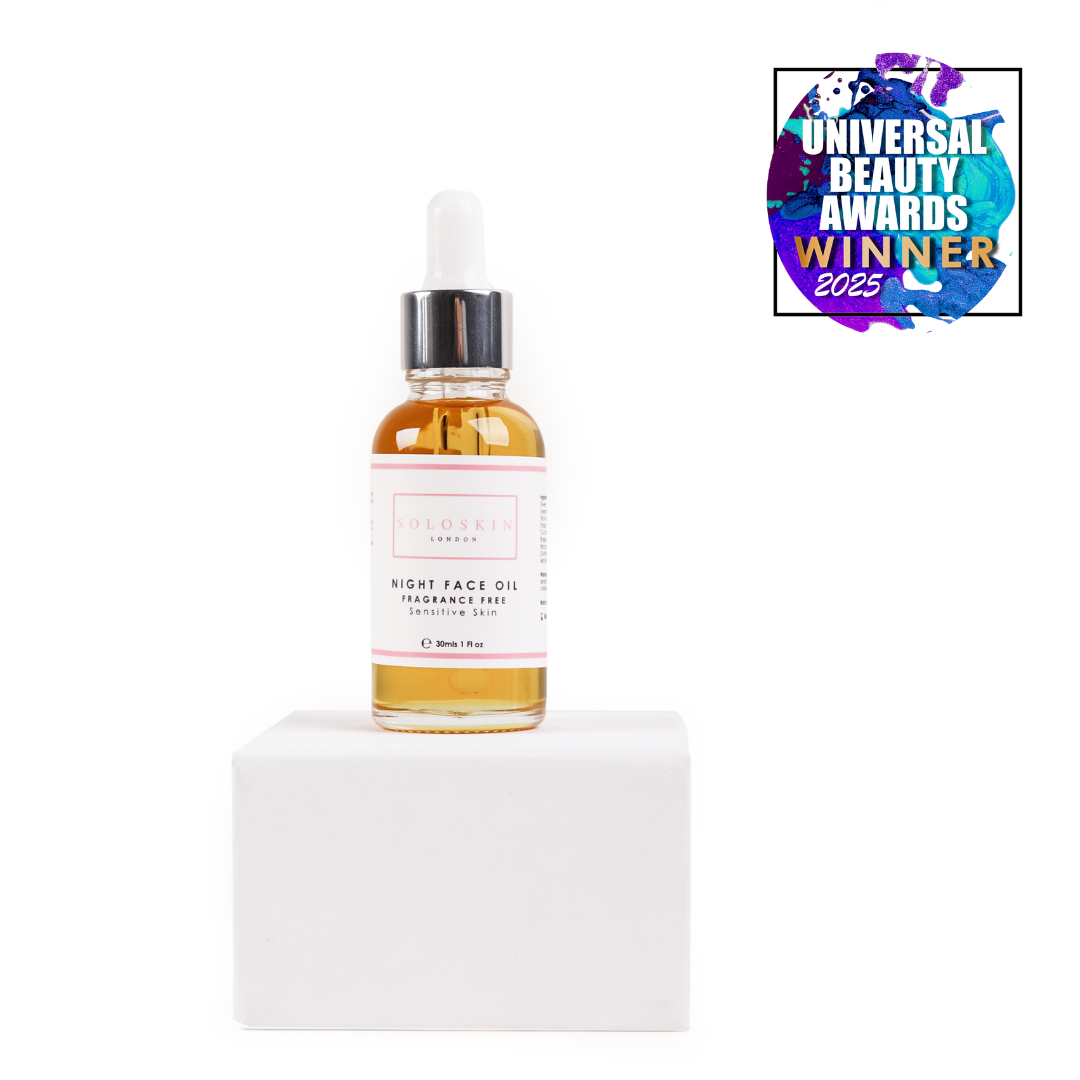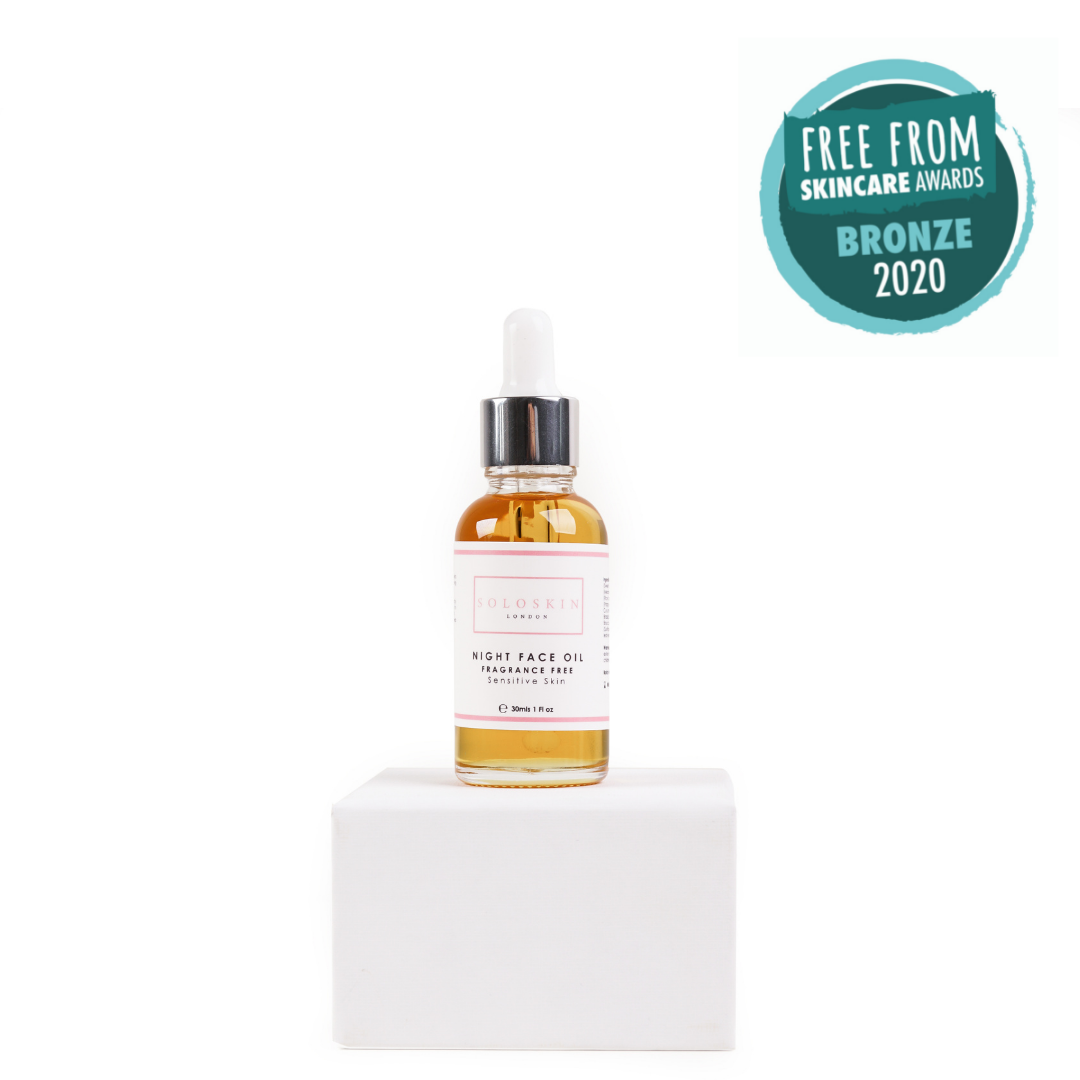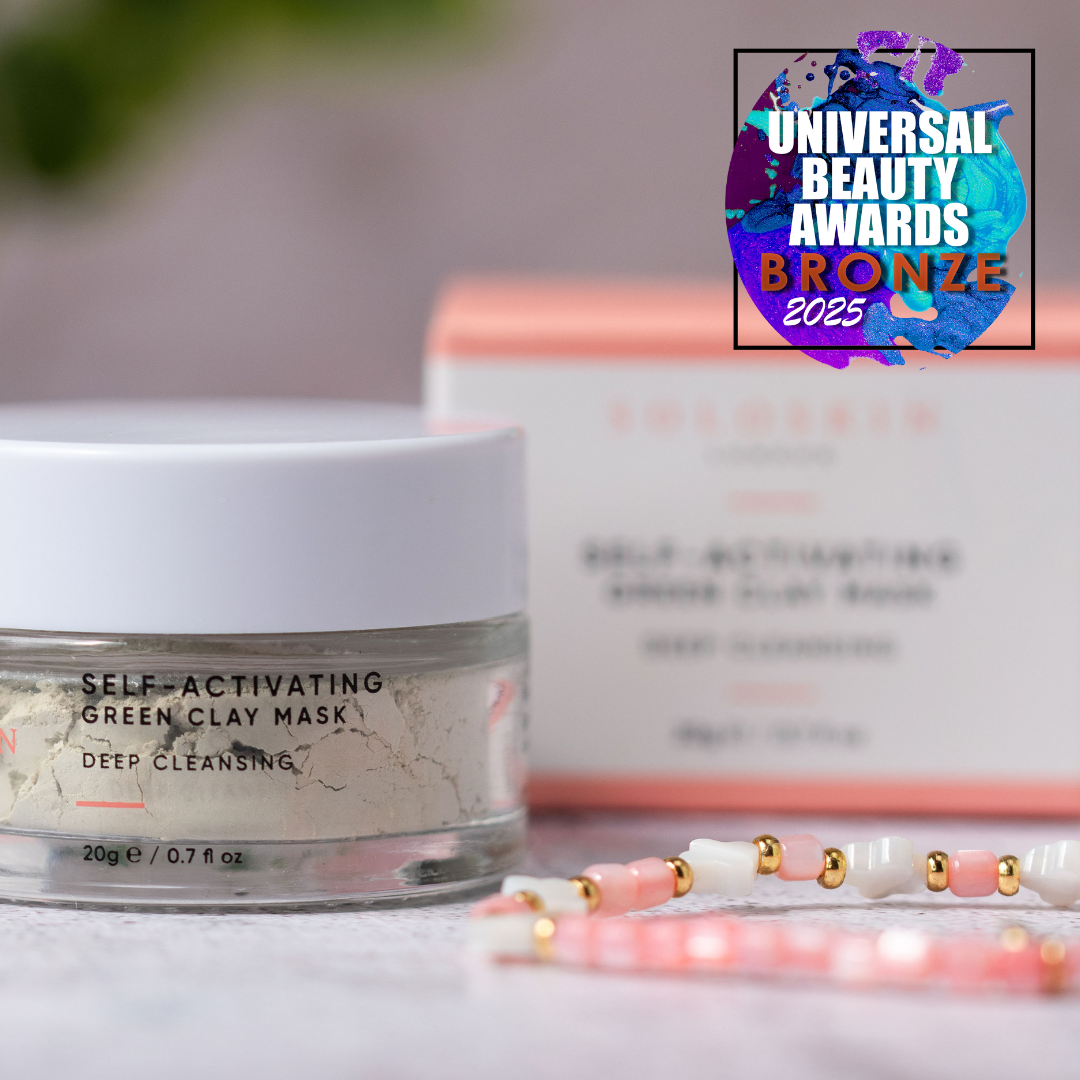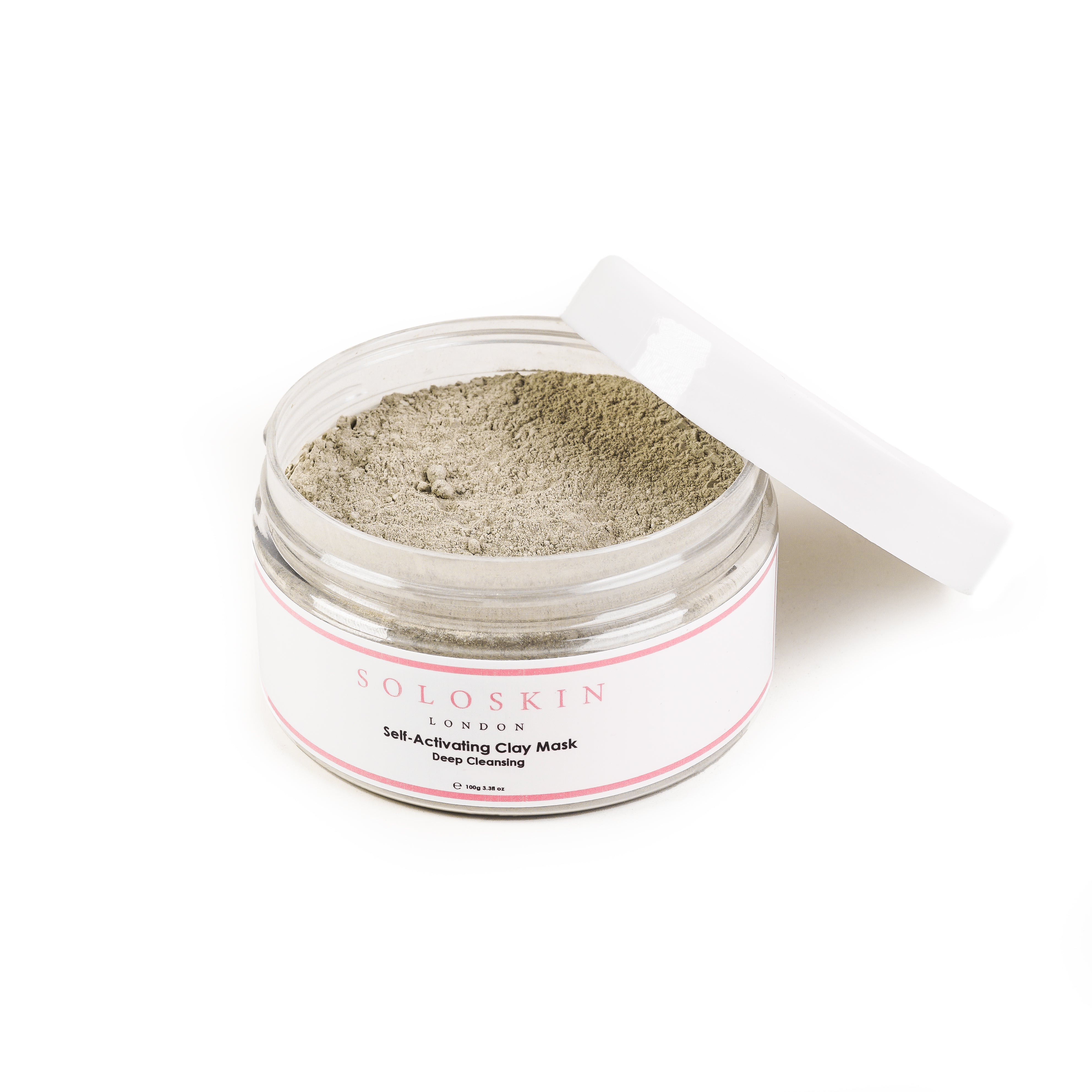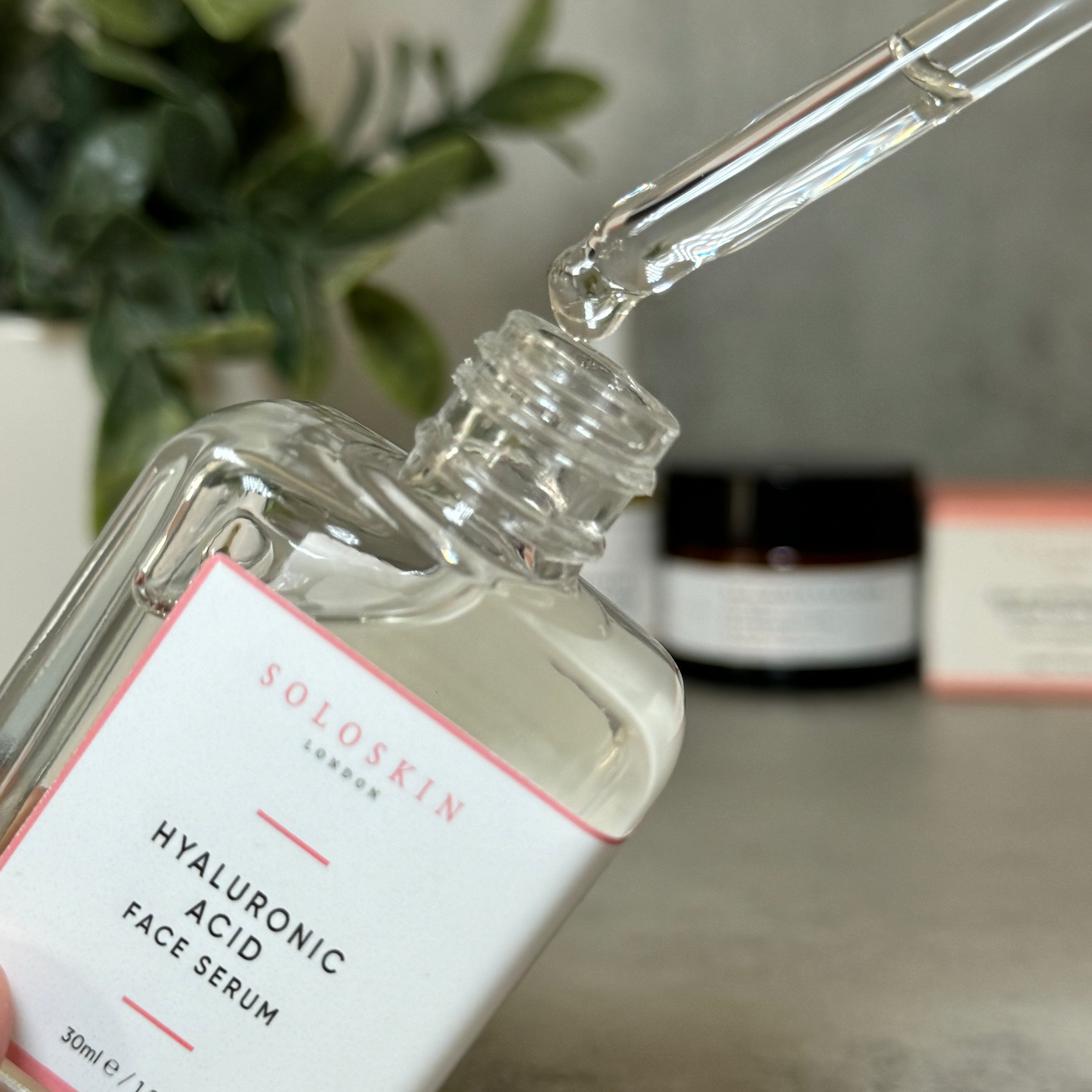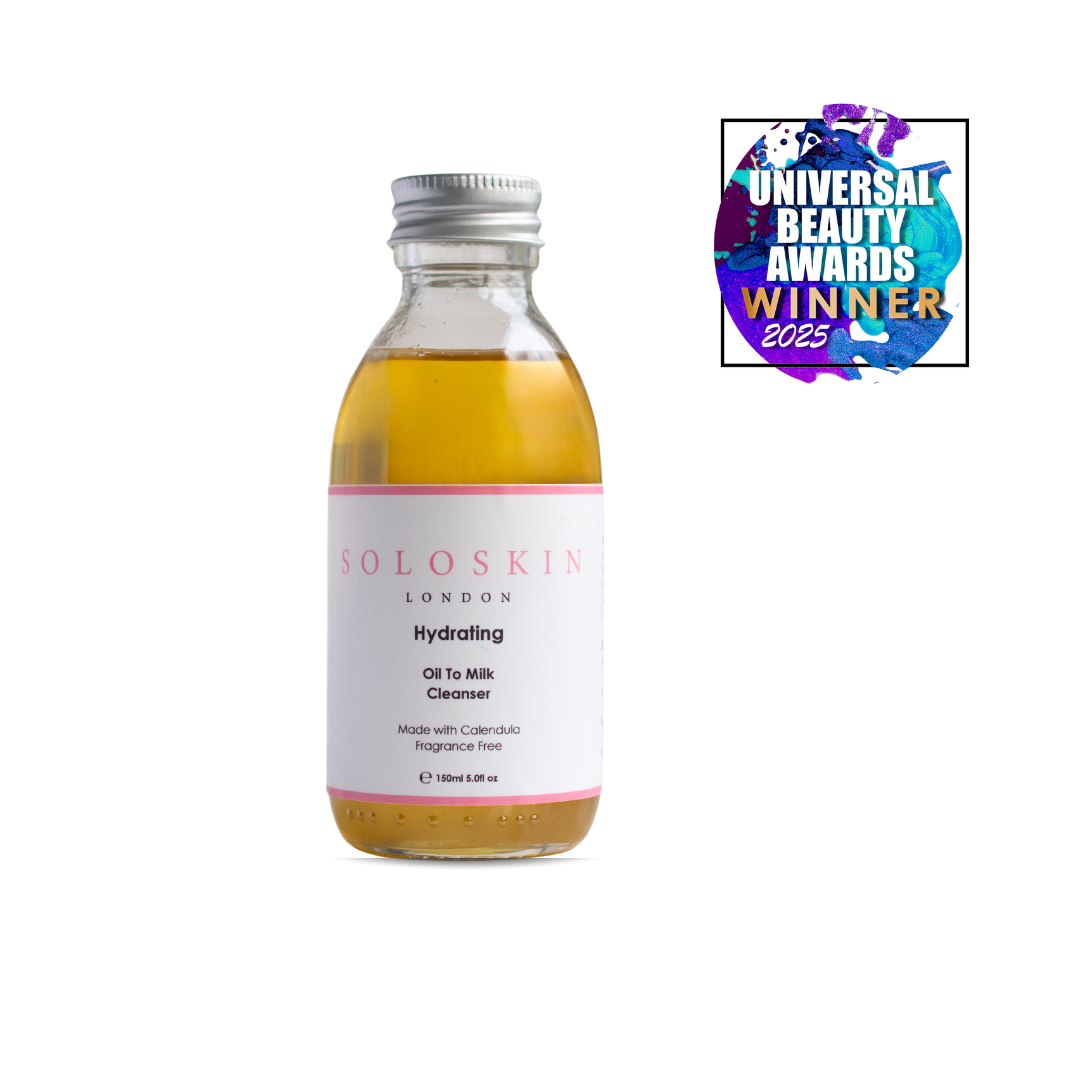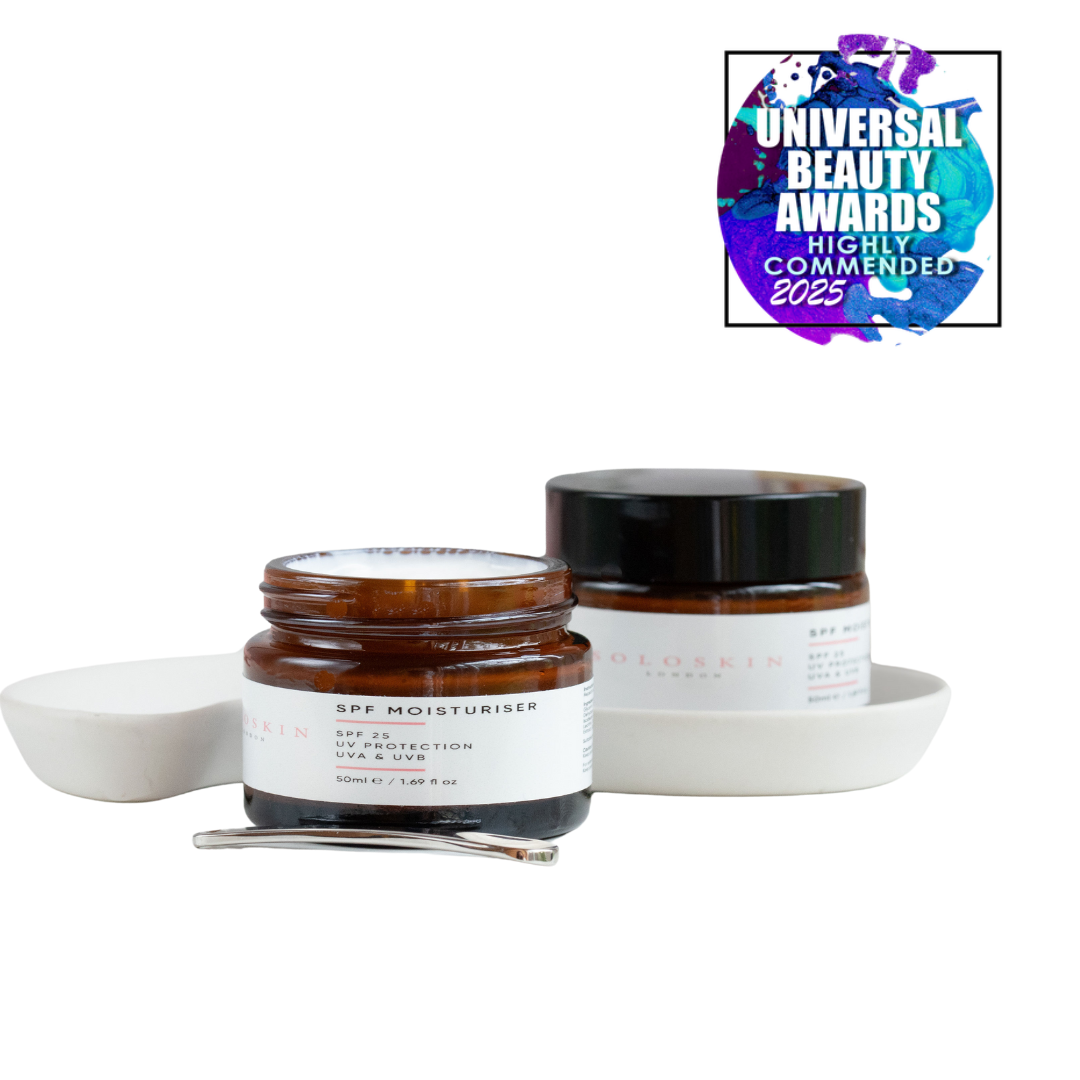Collections
Best Sellers
View collectionEczema Favourites
View collectionSkin Quiz - Acne Prone Skin
View collectionSkin Quiz - Combo skin
Combination skin is a skin type characterized by a mix of oily and dry areas on the face. Typically, the T-zone—forehead, nose, and chin—tends to be oily due to more active sebaceous glands, while the cheeks and other areas may be dry or normal. This dual nature can make skincare challenging, as the needs of each area differ. Factors like genetics, hormones, and environmental conditions can influence combination skin. To manage it effectively, it's important to use a balanced skincare routine that addresses both the oily and dry zones. Gentle cleansers that don't strip the skin, lightweight moisturizers for hydration without clogging pores, and targeted treatments, such as oil-absorbing masks for the T-zone such as our green clay mask, Pink clay masks for drier areas and creams for drier areas, can help maintain harmony. Lastly, locking in the moisture with a facial oil will help with hydration.
View collectionSkin Quiz - Dry Skin
Dry skin is characterized by a lack of sufficient moisture and natural oils, leading to a rough, flaky, or tight feeling on the surface. This condition can result from a variety of factors, including environmental influences like cold weather, low humidity, excessive sun exposure, or harsh skincare products that strip the skin of its natural barrier. Genetics and age can also play significant roles, as the skin tends to produce less oil as we age. People with dry skin may experience irritation, itching, and an increased risk of fine lines and wrinkles. To care for dry skin, it's important to use gentle, hydrating cleansers, rich moisturizers that lock in moisture, and to avoid long, hot showers which can further dehydrate the skin. Incorporating ingredients like hyaluronic acid, facial oils and oil cleansers into a skincare routine can help restore and maintain the skin's moisture balance.
View collectionSkin Quiz - Oily Skin
Oily skin occurs when the sebaceous glands in the skin produce excess sebum, a natural oil that helps protect and hydrate the skin. While sebum is essential for maintaining healthy skin, too much of it can lead to a greasy appearance, enlarged pores, and a propensity for acne and blackheads. Oily skin can be influenced by factors such as genetics, hormonal fluctuations, diet, stress, and the use of certain skincare products. Managing oily skin often involves using gentle cleansers, non-comedogenic moisturizers, and products containing ingredients that deep cleanse or natural oils to help regulate oil production and prevent breakouts. Regular exfoliation and trying to rebalance the sebum production is key here.
View collection
